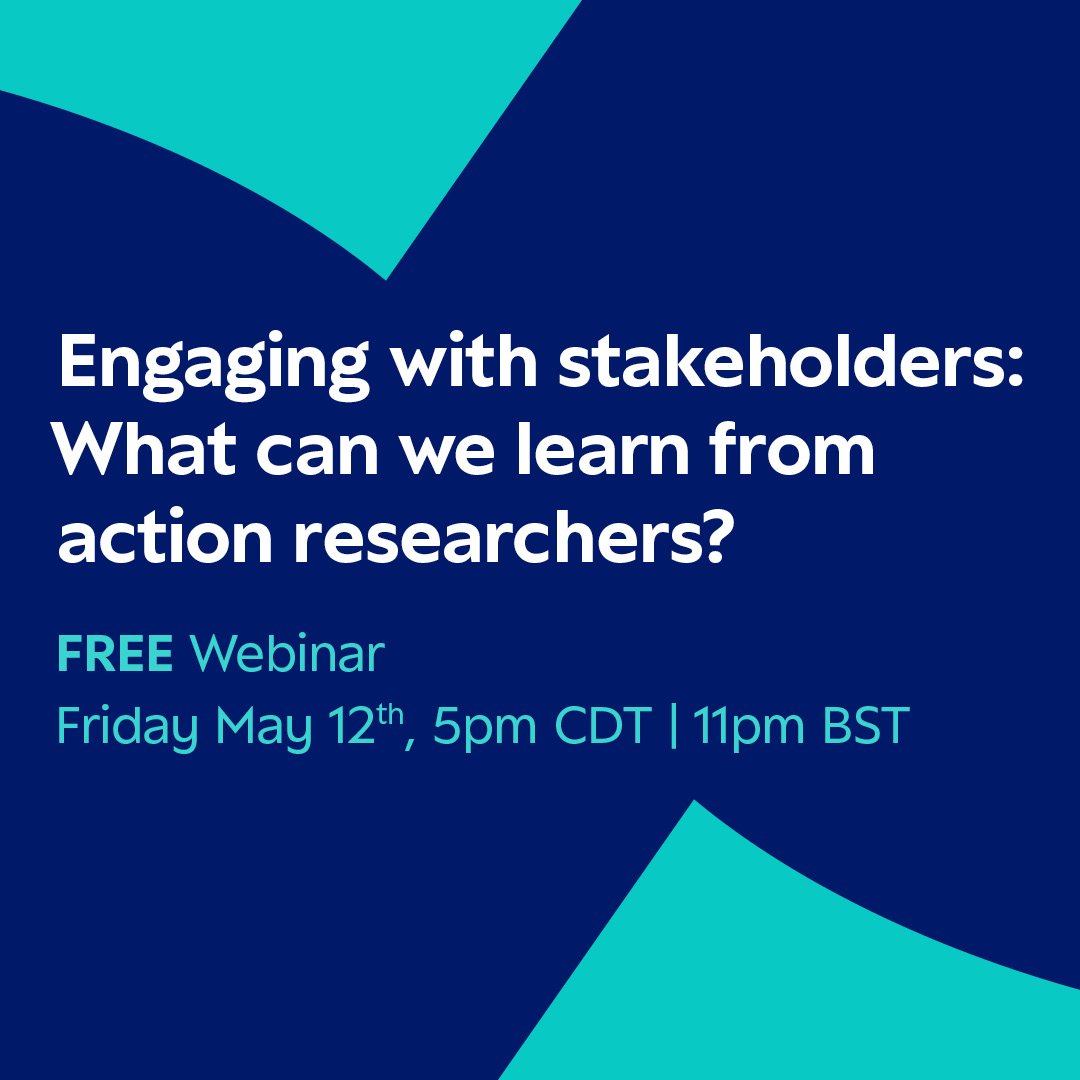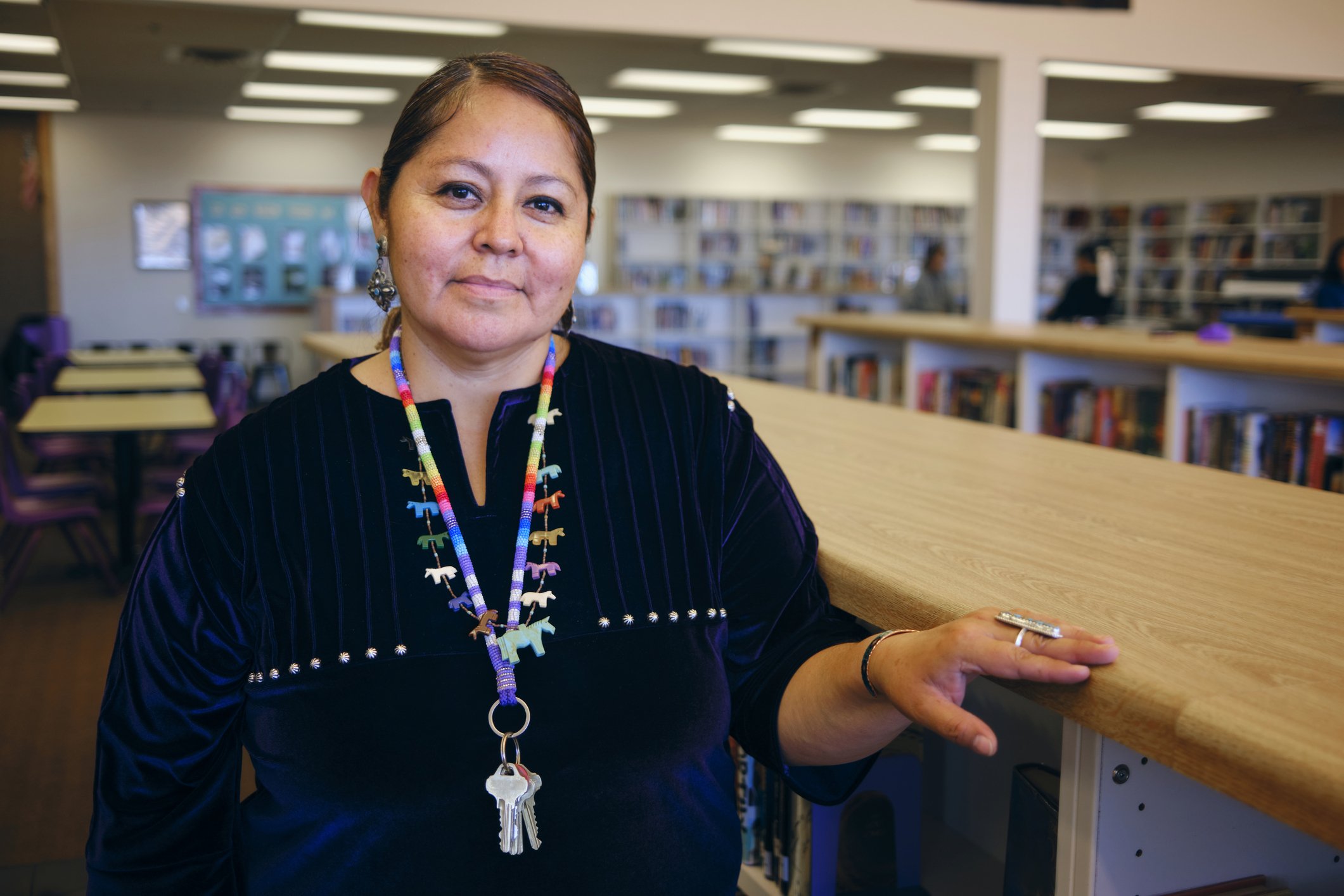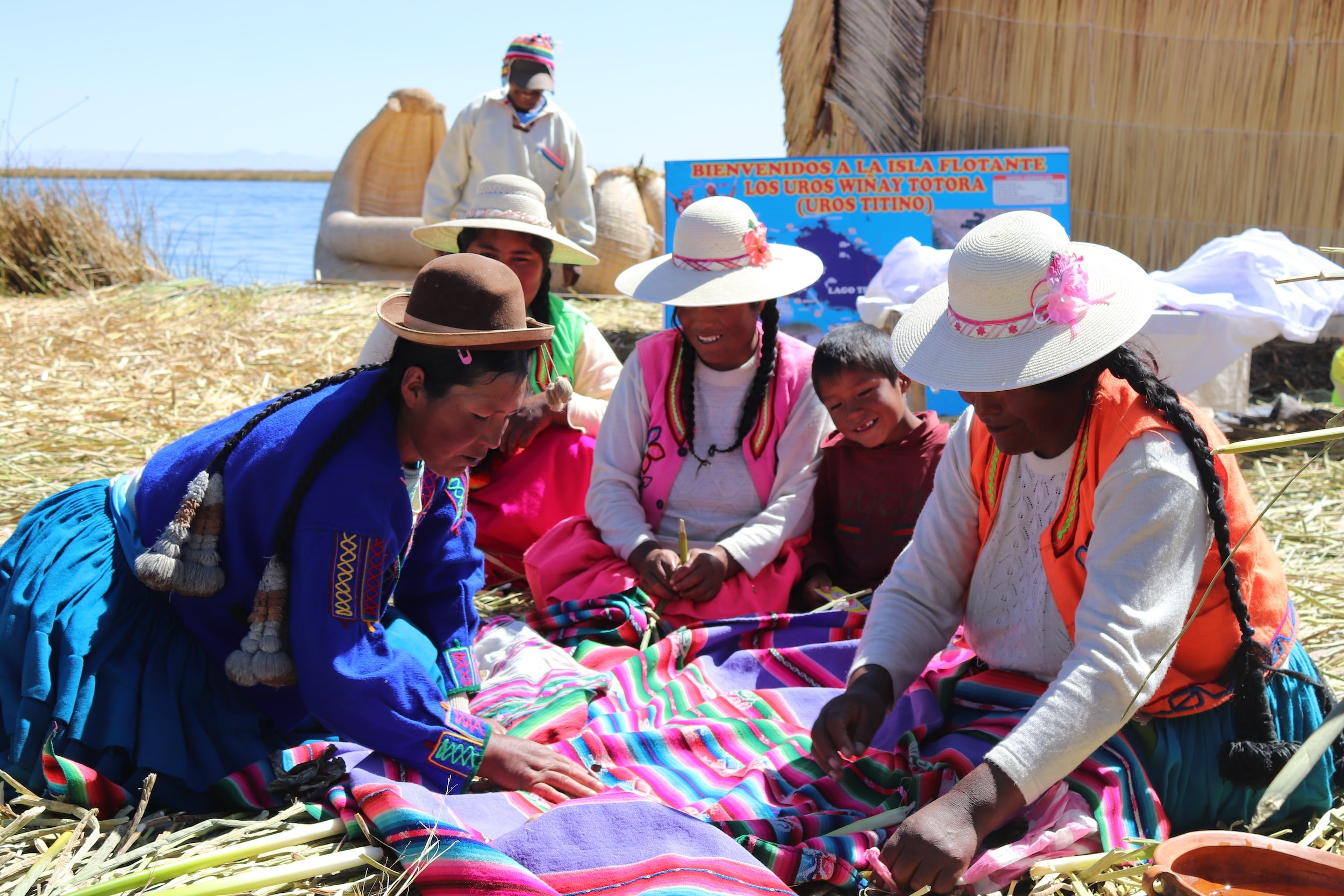Epistemological Questions in Indigenous Research
By Janet Salmons, PhD Manager, Sage Research Methods Community
Interested in Indigenous research methods?
When considering research problems and designing research, we need to consider the people and cultures we want to study. Sometimes this means taking an entirely different approach to honor traditions of the community. This collection of articles explores ways that researchers mesh, balance, or keep separate, Indigenous ways of learning and knowing and Western epistemologies. Stretch outside your own field to read these multidisciplinary research examples. Some require a subscription and others are open access.
Barnes, H. M., Gunn, T. R., Barnes, A. M., Muriwai, E., Wetherell, M., & McCreanor, T. (2017). Feeling and spirit: developing an Indigenous Wairua approach to research. Qualitative Research, 17(3), 313–325
Abstract. Wairua, a Maori (indigenous peoples of Aotearoa New Zealand) concept, somewhat restrictively translated as spirit or spirituality, resonates with many indigenous peoples globally. While spirit is recognised as an important human dimension, the denigration of non-western spiritual understandings means that indigenous peoples often choose to remain silent. Transferring these concerns to research approaches, we edit our voices, with a view to what we think will count as knowledge and what we choose to share with academic audiences. This article discusses the challenges we face when we enter into conversations about wairua and how this might be approached in research. With reference to emerging social science innovations in affect and emotion, the article draws on audio visual recordings of people’s experiences of significant national days in Aotearoa New Zealand. Issues of analysis and representation are explored, along with the potential of these methods to explicate feelings, emotions and spirit.
Cook, P. (2023). Talk-Story: Performing an Indigenous Research Methodology With Hesitant Non-Indigenous Participants to Learn Previously Silenced Knowledge. International Journal of Qualitative Methods, 22. https://doi.org/10.1177/16094069231213711
Abstract. This article aims to broaden joint performances of talk-story, a form of Indigenous Research Methodology, to give voice to non-indigenous participants who presuppose misrepresentation in qualitative research. Indigenous Research Methodologies emerged to challenge axiological concerns with Western Research Methodologies, which participants perceive to disregard, oppress, and exploit those they claim to represent. Founded on the principle of relational accountability, Indigenous Research Methodologies place learning co-created knowledges and social epistemologies at the center of the study, promoting the publication of authentic explanations and representations that empower participants. In response to grounded theories emerging from talk-story with non-indigenous members of the global surfing tribe, describing their anger and powerlessness against cultural studies researchers who deceive and misrepresent them in a perceived culture war, I explain how non-indigenous researchers and disempowered populations can jointly perform talk-story to co-create depictions that survive participant scrutiny. However, I caution that influential gatekeepers will execute Western a priori assertions and cultural imperialism to silence opposing voices and epistemologies empowered by talk-story. Nonetheless, my article aims to contribute towards promoting performances of talk-story methodology by explaining how an indigenous paradigm enables analytical processes to be shared, thus exposing insights participants perceive to be silenced by Western Research Methodologies.
Jahnke, H. T., & Gillies, A. (2012). Indigenous Innovations in Qualitative Research Method: Investigating the Private World of Family Life. International Journal of Qualitative Methods, 11(4), 498-512. https://doi.org/10.1177/160940691201100412
Abstract. The researched are rarely provided the opportunity to take a role in the collection, analysis, and interpretation of data they themselves provide to researchers. This article describes a novel indigenous research method, for a project in progress, which was developed to explore the relationships between intra-whānau (family) communication and whānau ora (family well-being) within eight whānau over a three year period. The relationships are explored through self-reflexive praxis where research participants are encouraged to think reflexively about their whānau conversations. Conversations that take place in the private world of whānau are audio-recorded by family members, without the imposition of an intrusive researcher. Whānau decide the extent to which their private lives are exposed to the researchers via the recordings and assist the researchers with an interpretation of their everyday conversations. This method offers an opportunity for both whānau and researchers to contribute to insights and understandings of the complex ecologies and realities of life for Māori families. This research methodology involves culturally-centred ethical practice drawn from both Western- and Māori-centred perspectives. Sensitive issues arising from the ways in which individuals perceived their role as active agents of research and the effects of self-reflection on the method are explored.
Karki, K. K. (2016). Walking the complexities between two worlds: A personal story of epistemological tensions in knowledge production. Qualitative Social Work, 15(5–6), 628–639. https://doi.org/10.1177/1473325016652678
Abstract. In this article, I tell the autoethnographic stories of epistemological tensions emerging from my entanglement with Indigenous and Western ways of knowing in my journey towards my doctoral research in social work. I link these tensions to broader socio-political and historical tensions that tie together the West and the Global South. I highlight the sharp contrasts and contradictions as well as the nuanced contestations in the production of knowledge. I follow a chronological order to organize my narratives into four parts. In the first part, I describe my experiences of walking in two worlds. In the second part, I explore how I knew what I knew, depicting my indigenous ways of knowing. In the third part, I examine Western ways of knowing, depicting the subjugation of my indigenous ways of knowing. In the final part, I address the hybrid ways of knowing that I embody by walking in many worlds.
Lavallée, L. F. (2009). Practical Application of an Indigenous Research Framework and Two Qualitative Indigenous Research Methods: Sharing Circles and Anishnaabe Symbol-Based Reflection. International Journal of Qualitative Methods, 8(1), 21-40. https://doi.org/10.1177/160940690900800103
Abstract. Increasingly research involving Indigenous people is being undertaken by Indigenous researchers, who bring forward worldviews that shape the approach of the research, the theoretical and conceptual frameworks, and the epistemology, methodology, and ethics. Many times such research bridges Western practices and Indigenous knowledges; however, bringing together these two worldviews can also present challenges. In this paper the author explores the challenges and lessons learned in the practical application of an Indigenous research framework and qualitative inquiry. Two qualitative Indigenous research methods, sharing circles and Anishnaabe symbol-based reflection, will be discussed.
Massey, A., & Kirk, R. (2015). Bridging Indigenous and Western Sciences: Research Methodologies for Traditional, Complementary, and Alternative Medicine Systems. SAGE Open. https://doi.org/10.1177/2158244015597726
Abstract. Emergent research methodologies congruent with Indigenous knowledge and worldviews are providing access to insights from traditional, complementary, and alternative medicine, including Indigenous healing systems. Tension is evident for researchers balancing representation of Indigenous realities with expectation to conform to the conventionality and rationality of “acceptable” Western science–based research protocols. Where past research pursuits have been limited by polarized views of legitimacy and validity, Western science and Indigenous science are now converging as equally valid notions of science to guide emergent research practices such as Kaupapa Māori. This narrative synthesis explores complex relations between epistemology, methodology, and practice. It aims to contribute to the transfer of knowledge between Indigenous and Western scientific paradigms.
Nijdam, E. “Biz”. (2023). Recentering Indigenous Epistemologies Through Digital Games: Sámi Perspectives on Nature in Rievssat (2018). Games and Culture, 18(1), 27-41. https://doi.org/10.1177/15554120211068086
Abstract. This article examines Rievssat (2018), one of the six games developed during the 2018 Sami Game Jam, as a case study to demonstrate how digital games on Indigenous issues afford opportunities to embed Indigenous ways of knowing into the core of game design. In particular, by exploring Rievssat’s themes and game mechanics, this article identifies the way its procedural rhetoric models an understanding of and relationship to the game environment that reflects the dialogic connection with nature and animistic worldview unique to the Sámi people. This article thereby demonstrates the value of new media in recentering Indigenous systems of knowledge and cultural practices by engaging with and incorporating Indigenous epistemologies into the foundation of game design, revealing how Sámi digital games can offer insight into Sámi ways of knowing and experiencing the world to Indigenous and non-Indigenous players alike.
Moko-Painting (Ngāti Manu, T. P., Hamley (Ngāti Rangi, W., Hikuroa (Ngāti Maniapoto, T., Le Grice (Ngapuhi, T., McAllister (Te Aitanga a Māhaki, N. P., McLellan (Whakatōhea, N. T. R., Parkinson (Ngāti Hine, N. P., Renfrew (Te Rarawa, N., & Rewi (Ngāpuhi, N. H. (2023). (Re)emergence of Pūtaiao: Conceptualising Kaupapa Māori science. Environment and Planning F, 2(1-2), 11-37. https://doi.org/10.1177/26349825231164617
Abstract. Overcoming the long-standing distrust of ‘research’ is especially challenging within the colonial structures of Western science. This article aspires to rise to this challenge by conceptualising Pūtaiao as a form of Indigenous research sovereignty. Grounded in Kaupapa Māori Theory, Pūtaiao is envisioned as a Kaupapa Māori way of doing science in which Indigenous leadership is imperative. It incorporates Māori ways of knowing, being, and doing when undertaking scientific research. An essential element of Pūtaiao is setting a decolonising agenda, drawing from both Kaupapa Māori Theory and Indigenous methodologies. Accordingly, this centres the epistemology, ontology, axiology and positionality of researchers in all research, which informs their research standpoint. This approach speaks back to ontological framings of Western scientific research that restrict Indigenous ways of researching in the scientific academy. Furthermore, Pūtaiao offers tools and language to critique the academic disciplines of Western science which are a colonial construct within the global colonising agenda. As such, the theoretical search for Indigenous science(s) and Indigenising agendas explore the dialogical relationship between both knowledge systems – Kaupapa Māori science and Western science. This relationship necessitates setting a decolonising agenda before an Indigenising agenda can be realised, whereby they are mutually beneficial rather than mutually exclusive. This article is an affirmation of the work and discourse of Indigenous scientists. In this way, Pūtaiao becomes a pathway for asserting Indigenous sovereignty over and redefining scientific research for future generations of Māori and Indigenous researchers.
Peltier, C. (2018). An Application of Two-Eyed Seeing: Indigenous Research Methods With Participatory Action Research. International Journal of Qualitative Methods. https://doi.org/10.1177/1609406918812346
Abstract. In this time of reconciliation, Indigenous researchers-in-relation are sharing research paradigms and approaches that align with Indigenous worldviews. This article shares an interpretation of the Mi’kmaw concept of Two-Eyed Seeing as the synthesis of Indigenous methodology and participatory action research situated within an Indigenous paradigm of relevant, reciprocal, respectful, and responsible research. Two-Eyed Seeing is discussed as a guiding approach for researchers offering Indigenous voices and ways of knowing as a means to shift existing qualitative research paradigms. The author offers practical considerations for conducting research with Indigenous peoples in a “good and authentic way.” Through the co-creation of knowledge with Indigenous communities, a collective story was produced as a wellness teaching tool to foster the transfer of knowledge in a meaningful way.
Skille, E. Å. (2022). Doing research into Indigenous issues being non-Indigenous. Qualitative Research, 22(6), 831-845. https://doi.org/10.1177/14687941211005947
Abstract. Based on research into Indigenous people and sport, this article discusses the opportunities and challenges for a non-Indigenous researcher to study Indigenous issues. The author shares personal experiences from research into Sámi sport (Sámi are the Indigenous people of the North Calotte) and compares these with the literature relating to post-colonial methodologies. It concludes with some overarching elements to take into consideration when researching Indigenous peoples: reflection including critical self-reflection (as in any qualitative research); reciprocity, including respect, dialogue and that the research must benefit the Indigenous people under study and in general; and awareness about the heterogeneity within Indigenous groups and consciousness about the interface between researcher and Indigenous peoples. Given the heterogeneity, the interfaces vary.
Tecun (Daniel Hernandez), A., Hafoka, ‘Inoke, ‘Ulu‘ave, L., & ‘Ulu‘ave-Hafoka, M. (2018). Talanoa: Tongan epistemology and Indigenous research method. (Note: This article is open access until March 15 using this link.)
Abstract. Story dialogue known as Talanoa is increasingly finding its place as a Pacific research method. The authors situate talanoa as an Indigenous concept of relationally mindful critical oratory. Approaching talanoa from mostly a Tongan lens, it is argued that it can contribute to broader discussions of Indigenous research methods and epistemology. The authors address the Talanoa literature that has defined it as an open or informal discussion, and respond to questions that have emerged from challenges in implementing it practically in academic research. Indigenous Oceanic thought is used to interpret Talanoa as a mediation between relations of Mana (potency), Tapu (sacred/restrictions), and Noa (equilibrium), which is a gap in the Talanoa literature. Talanoa is grounded as a continuum of Indigenous knowledge production and wisdom present from the past that is adaptable to research settings. Centring Moana (Oceanic) epistemology in Talanoa challenges dominant research methods to adapt to Indigenous paradigms, rather than attempting to Indigenize a Western one.
Scott Thomas, D. (2022). Applying One Dish, One Spoon as an Indigenous research methodology. AlterNative: An International Journal of Indigenous Peoples, 18(1), 84-93. https://doi.org/10.1177/11771801221087864
Abstract. Conducting Indigenous research with a Western research methodology has barriers to achieving the maximum utility and benefit for the Indigenous community involved in the research project. This article discusses the translation of the author’s Haudenosaunee knowledge into a Western methodological framework of ontology, epistemology, axiology, and research methods to formulate Ogwehowehneha: a Haudenosaunee research methodology while also detailing its adaptation and application for use in an Anishnawbe context. I called this new adapted methodology One Dish, One Spoon, which references a covenant agreement between the Haudenosaunee and Anishnawbe to peacefully share lands and resources. By sharing my experience of researching as a Haudenosaunee scholar in an Anishnawbe context, I share my understanding of the need to advance commonalities of Indigenous law and philosophy while researching cross-culturally among Indigenous Nations.































Read this collection of multidisciplinary articles to explore epistemological questions in Indigenous research.